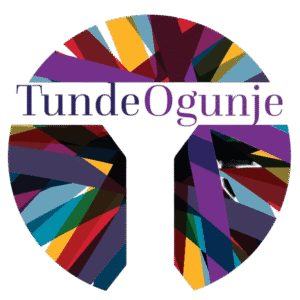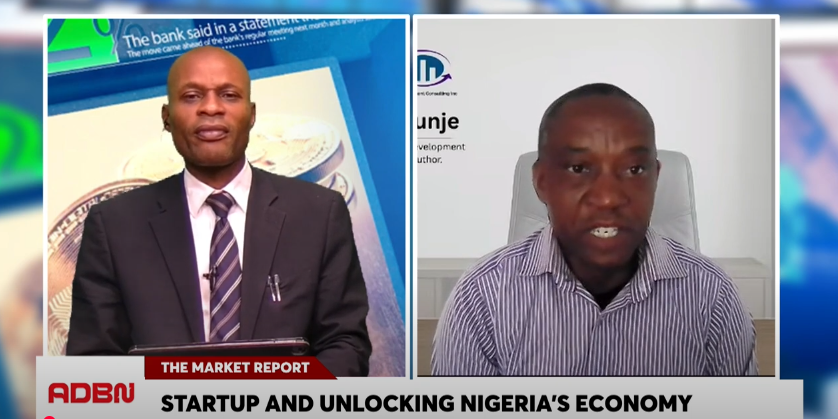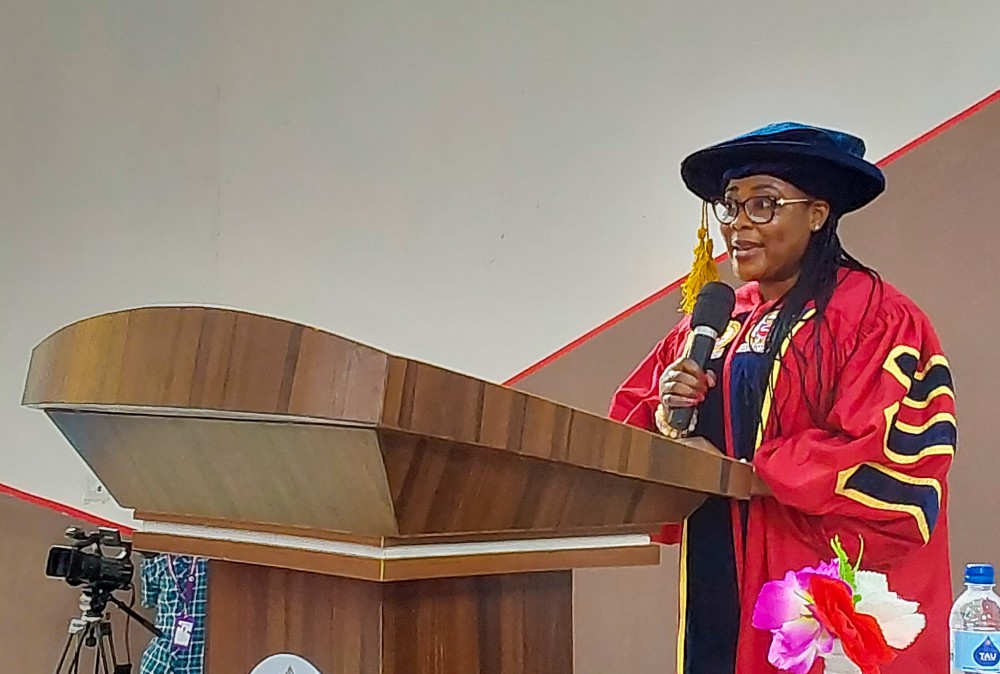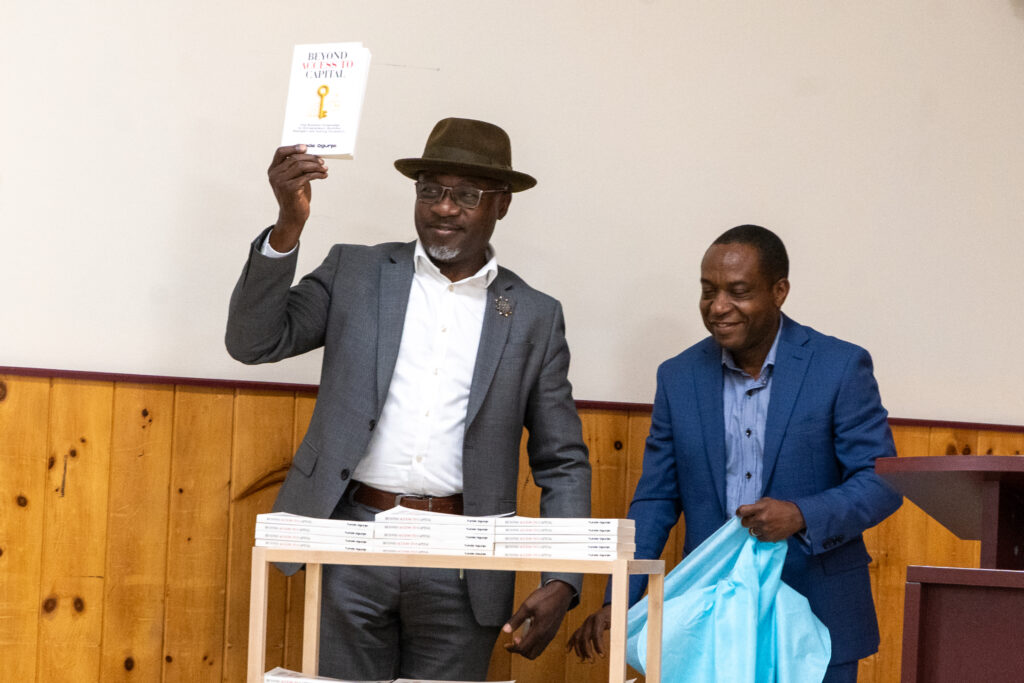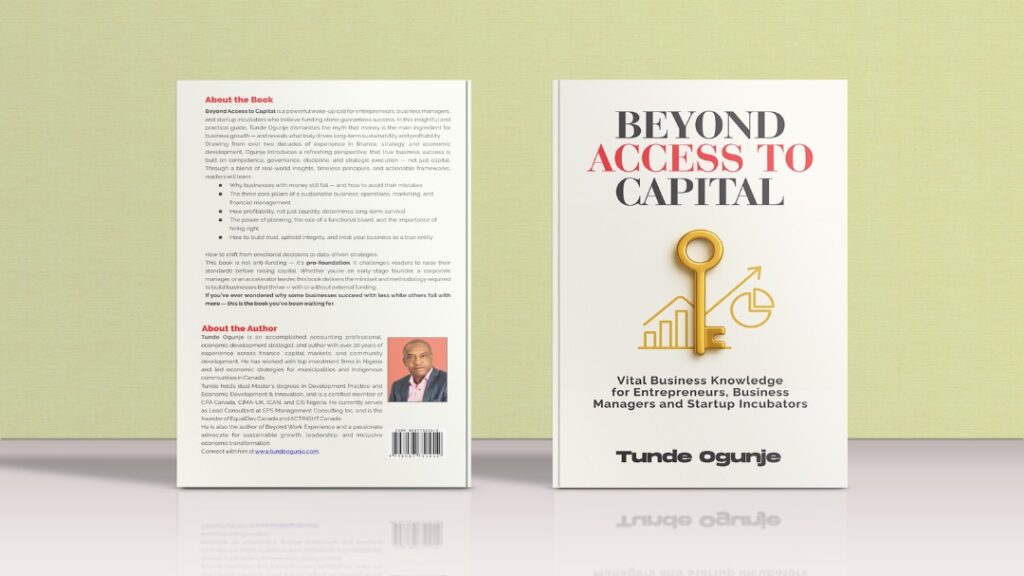BEING A KEYNOTE ADDRESS PRESENTED BY PROFESSOR FRANCISCA OLADIPO, VICECHANCELLOR,THOMAS ADEWUMI UNIVERSITY, OKO-IRESE, KWARA STATE, NIGERIA, ON THEOCCASION OF THE LAUNCH OF THE BOOK – BEYOND ACCESS TO CAPITAL: VITAL BUSINESSKNOWLEDGE FOR ENTREPRENEURS, BUSINESS MANAGERS, AND STARTUP INCUBATORSAUTHORED BY MR. TUNDE OGUNJE Date: Saturday 5th July 2025 PROTOCOLDistinguished guests, esteemed leaders, fellow entrepreneurs, and future changemakers, Opening:Imagine walking into a bank today and asking for a loan, but instead of offering collateral in gold,real estate, or securities, you place a single item on the counter: your knowledge. The bankerlooks puzzled. “What’s the value of this?” they ask. You smile and reply, “It is worth more than everything else in your vault combined.”That banker might think you are dreaming. But in today’s economy, you would be absolutely right.My assignment is simple, to emphasise knowledge as the new currency (Legal Tender) of BusinessSuccess. 2. The Knowledge Revolution We are living through the greatest economic transformation in human history. For centuries,wealth was built on land, then on industrial machinery, then on financial capital. Today, the mostvaluable companies in the world: Apple, Microsoft, Google, Amazon, Tesla, SpaceX, X (Twitter),(and for those of us in Africa, Unicorns like Flutterwave, LemFi, Miva, etc) are not valued for theirphysical assets, but for what they know and how they think. Consider this: When Nokia dominated the mobile phone market, they had factories, distributionnetworks, and billions in revenue. Yet they were overthrown not by a company with biggerfactories, but by a company with better knowledge: Apple’s understanding of user experience,design thinking, and ecosystem integration. There was a time we had Yahoo dominate the searchengine space, then Microsoft Bing, but now Google Search Engine dominates our quest forknowledge such that we now have regular phrases such as ‘google is your friend’, ‘Google it’, etc. The lesson? Knowledge does not just create competitive advantage, it creates competitiveimmunity. But here is what is revolutionary about Mr. Ogunje’s message in the book, ” Beyond Access toCapital: Vital Business Knowledge for Entrepreneurs, Business Managers, and StartupIncubators”: He is not just talking about any knowledge but vital business knowledge, the kindthat transforms dreamers into builders, ideas into enterprises, and startups into success stories. 3. The African Context This message resonates powerfully with us as Africans, especially those of us here at home inAfrica, where we have often been told that our primary challenge is access to capital. “If only wehad more funding,” goes the refrain, “we could compete globally.” But look around the world. Some of the most successful entrepreneurs started with virtually nocapital. What they had was something far more precious: the right knowledge at the right time. Jeff Bezos did not start Amazon because he had the most money, but because he understood theknowledge that e-commerce was the future. Sara Blakely did not create Spanx, intimate apparelcompany because she had venture capital, she created it because she had the knowledge of anunmet market need. In Africa, we have brilliant minds, innovative spirits, and pressing problems that need solving. Whatwe need is not just capital, but the knowledge currency that turns capital into exponential returns. 4. The Knowledge Currency FrameworkSo, what exactly is this knowledge currency? It operates on three fundamental principles: First: unlike traditional money which depreciates through inflation, knowledge compounds andappreciates through application. Every piece of business wisdom gained becomes the foundationfor the next breakthrough. When one understands customer psychology, it becomes easy topredict market trends. When one masters financial modelling, it becomes easier to optimizeoperations. Knowledge builds upon itself, creating compound returns that no bank account canmatch. Second: Knowledge Transfers Without Loss If I give you a dollar, I have one less dollar. But if Igive you knowledge, we both have it. This is why the most successful entrepreneurs becometeachers, mentors, and authors like Mr. Ogunje. They understand that sharing knowledge doesn’tdiminish their wealth; it multiplies it. Third: Knowledge Creates Unfair Advantages In business, fair competition is actually inefficient.You want unfair advantages: legal, ethical, but unfair nonetheless. Knowledge gives this. Whenyou know something your competitors do not know, when you see patterns others miss, when youunderstand customers better than anyone else, you don’t just win, you dominate. 5. The Practical Application The question is not whether knowledge is valuable, it is how we acquire, apply, and amplify it. Thisis where Mr. Ogunje’s work in this book becomes invaluable. His book doesn’t just celebrate knowledge; it provides a roadmap for acquiring the specificknowledge that matters most: understanding markets, building teams, creating systems,managing growth, and yes, even optimizing the use of capital when you do access it. For the students in our audience: Your degree is not your destination, it’s your foundation. Theknowledge you build upon it will determine your altitude. For the business leaders: Your past success is not your future security. The knowledge you acquiretoday will determine your relevance tomorrow. For the entrepreneurs: Your idea is not your competitive advantage, your knowledge aboutexecuting that idea is. The Call to ActionDistinguished ladies and gentlemen, we stand at a remarkable moment in history. The barriers tobusiness success have never been lower, but the requirement for knowledge has never beenhigher. The good news? Knowledge is the most democratic form of currency ever created. It does notdiscriminate by geography, background, or starting capital. It only asks one question: Are youwilling to learn? Mr. Ogunje’s book represents more than insights, it represents investment in your knowledgeportfolio. It is a deposit in the currency that will determine your business success for decades tocome. The question is not whether you can afford to invest in knowledge. The question is: Can you affordnot to? Thank you, and congratulations to Mr. Ogunje on this remarkable contribution to ourentrepreneurial ecosystem. Professor Francisca Oladipo, PhD, FBCS, FNCS, FASI, FPASRC
